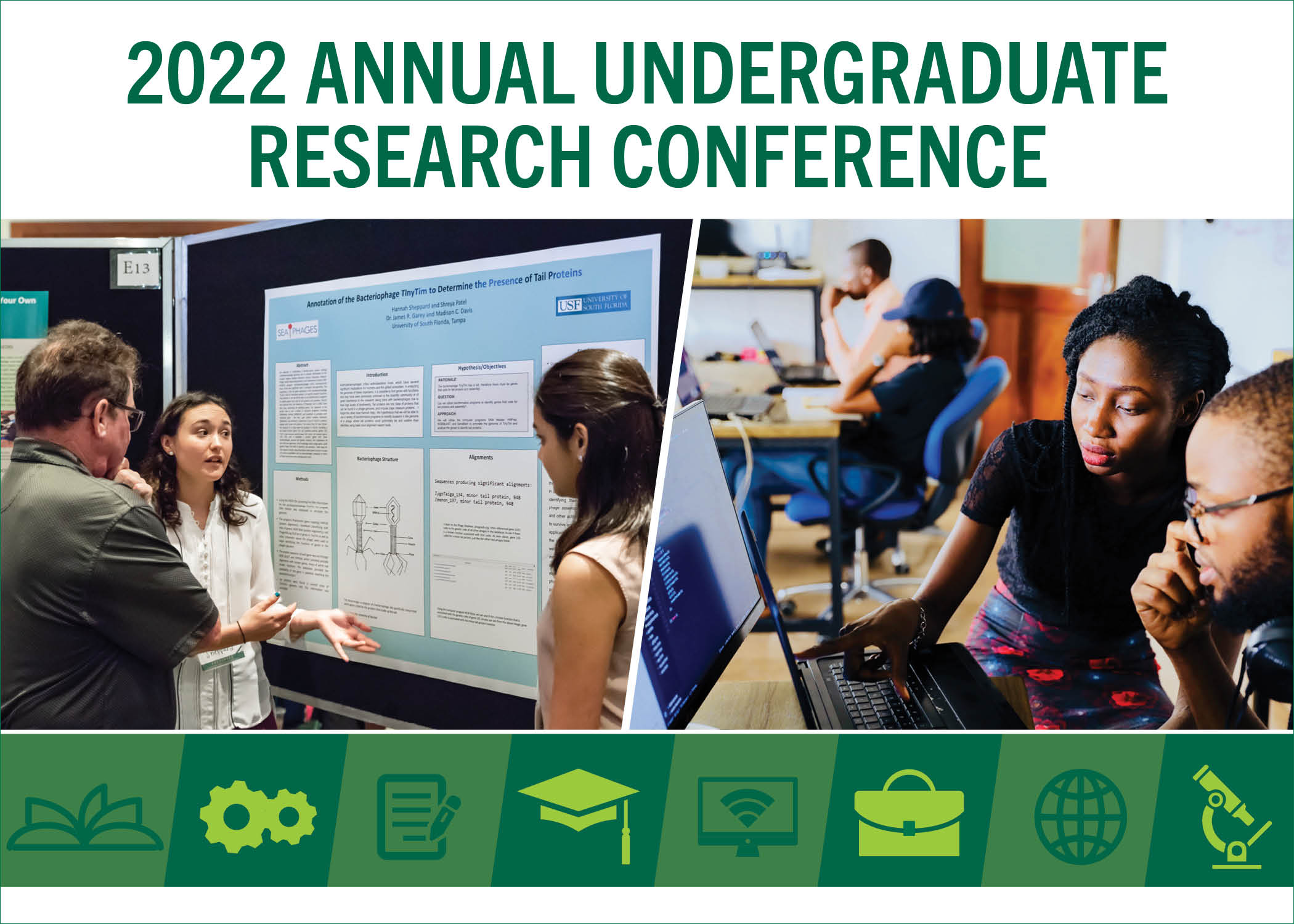Sleeves Up and STICK IT: Vaccinations Among Undergraduate Students
Mentor Information
Donna Lee Gambino
Description
Introduction Recent studies have shown that the level of vaccine knowledge is directly correlated with the willingness of individuals to receive a vaccine. The purpose of this study is to evaluate whether a student's focus of study would influence their decision to receive one of the COVID-19 vaccines as they become available. Material and Methods A causal-comparative approach was utilized. A multivariate analysis of variance was conducted among undergraduate students (n=365) enrolled at the University of South Florida. The independent variable is the student's field of study. The dependent variables included students' reports of 1) worker status; 2) knowledge of persons who tested positive; 3) knowledge of a person who passed; 4) trusting the vaccine offered protection; 5) vaccination status; 6) booster compliance; and 7) COVID testing accessibility at USF. Results This study identified two statistically significant findings. (1) The proportion of students (83%) who report that the COVID-19 vaccine offered protection (p<0.02); and (2) the proportion of students (89%) who report receiving the COVID-19 vaccine (p<0.03). Conclusion Findings identified differences among the fields of study within the university regarding willingness to receive the vaccine, as well as trust in the vaccine's efficacy. Students who identified their major as public health and nursing were more likely to believe in the importance of vaccination for protection in contrast to students who reported other majors. Nursing students reported being vaccinated more frequently than other majors. Students who identified themselves as education majors were the least compliant with CDC recommendations about obtaining a vaccination.
Loading...
Please select your campus affiliation
Tampa
Sleeves Up and STICK IT: Vaccinations Among Undergraduate Students
Introduction Recent studies have shown that the level of vaccine knowledge is directly correlated with the willingness of individuals to receive a vaccine. The purpose of this study is to evaluate whether a student's focus of study would influence their decision to receive one of the COVID-19 vaccines as they become available. Material and Methods A causal-comparative approach was utilized. A multivariate analysis of variance was conducted among undergraduate students (n=365) enrolled at the University of South Florida. The independent variable is the student's field of study. The dependent variables included students' reports of 1) worker status; 2) knowledge of persons who tested positive; 3) knowledge of a person who passed; 4) trusting the vaccine offered protection; 5) vaccination status; 6) booster compliance; and 7) COVID testing accessibility at USF. Results This study identified two statistically significant findings. (1) The proportion of students (83%) who report that the COVID-19 vaccine offered protection (p<0.02); and (2) the proportion of students (89%) who report receiving the COVID-19 vaccine (p<0.03). Conclusion Findings identified differences among the fields of study within the university regarding willingness to receive the vaccine, as well as trust in the vaccine's efficacy. Students who identified their major as public health and nursing were more likely to believe in the importance of vaccination for protection in contrast to students who reported other majors. Nursing students reported being vaccinated more frequently than other majors. Students who identified themselves as education majors were the least compliant with CDC recommendations about obtaining a vaccination.



Comments
Poster Presentation